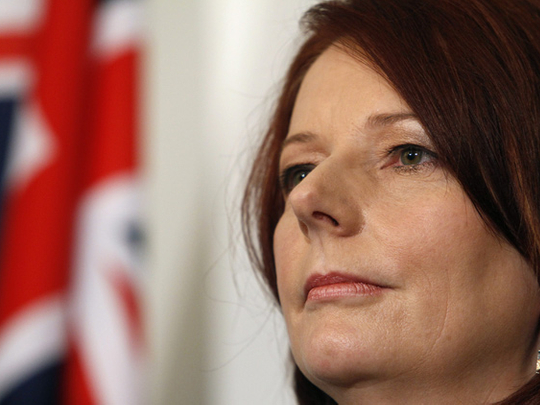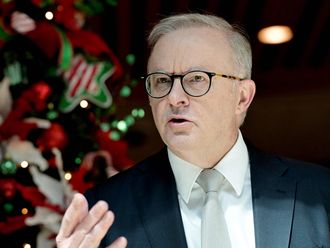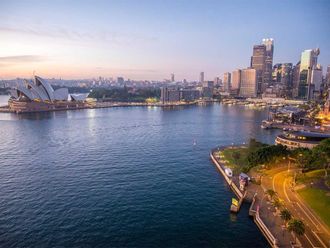
Canberra: New Prime Minister Julia Gillard on Sunday signalled Australia’s immigration intake will slow under her leadership as concerns grow about the nation's rapid population growth.
Gillard said she disagreed with her predecessor Kevin Rudd, who was ousted by the ruling Labor Party last week, on the "major issue" of population policy.
Rudd recently gave a speech endorsing a "big Australia," citing government statistics that on present immigration trends, Australia's population would grow from 22 million today to 35 million by 2050.
"I don't believe in a big Australia," Gillard told Nine Network television. "I don't believe in simply hurtling down a track to a 36 million or 40 million population."
Gillard, who immigrated as a child from Wales in 1966 when Australia's population was 11.5 million, said the key factor to determine future immigration rates should be governments' capacity to provide the roads and services needed to sustain a larger population.
She said she planned to appoint a new Minister for Sustainable Population to examine growth capacity when she announces her new Cabinet, probably this week.
Australia's population grew two percent mainly through immigration last year – faster than any other developed country.
While Australia is relatively sparsely populated, factors such as a lack of water limit its potential for population growth.
The world's driest continent after Antarctica has endured years of drought that the government blames on global climate change and several cities plan to build desalination plants to create drinking water from the sea.
But 16 years of continuous economic growth driven by Chinese demand for Australian minerals and energy have created skill shortages that are often filled by immigrants.
The Australian Conservation Foundation, the nation's leading environmental group, has warned that population growth projections threaten biodiversity.
Lawmaker Kelvin Thomson, of Gillard's Labor Party, has argued Australia needs to cap its population at 26 million if it is serious about reducing its greenhouse gas emissions.












